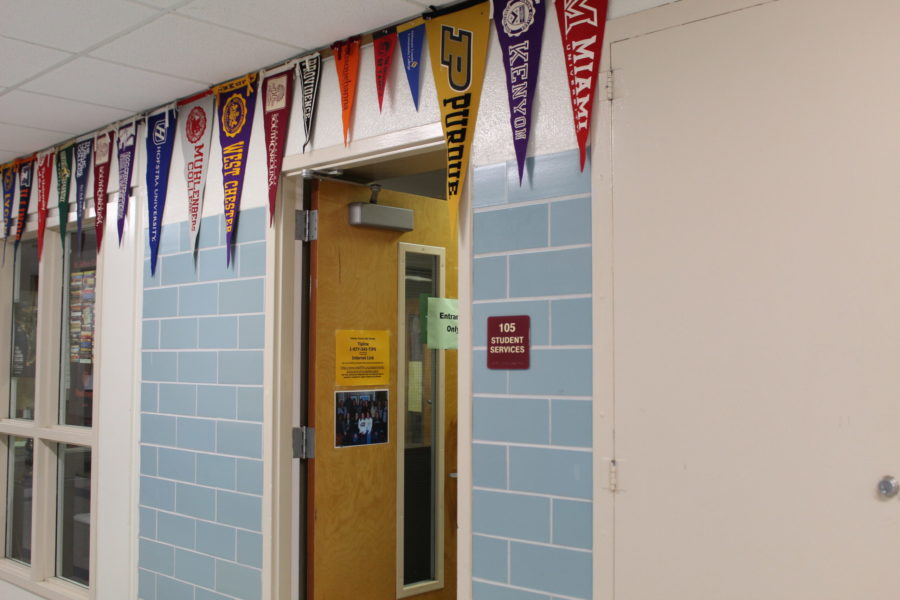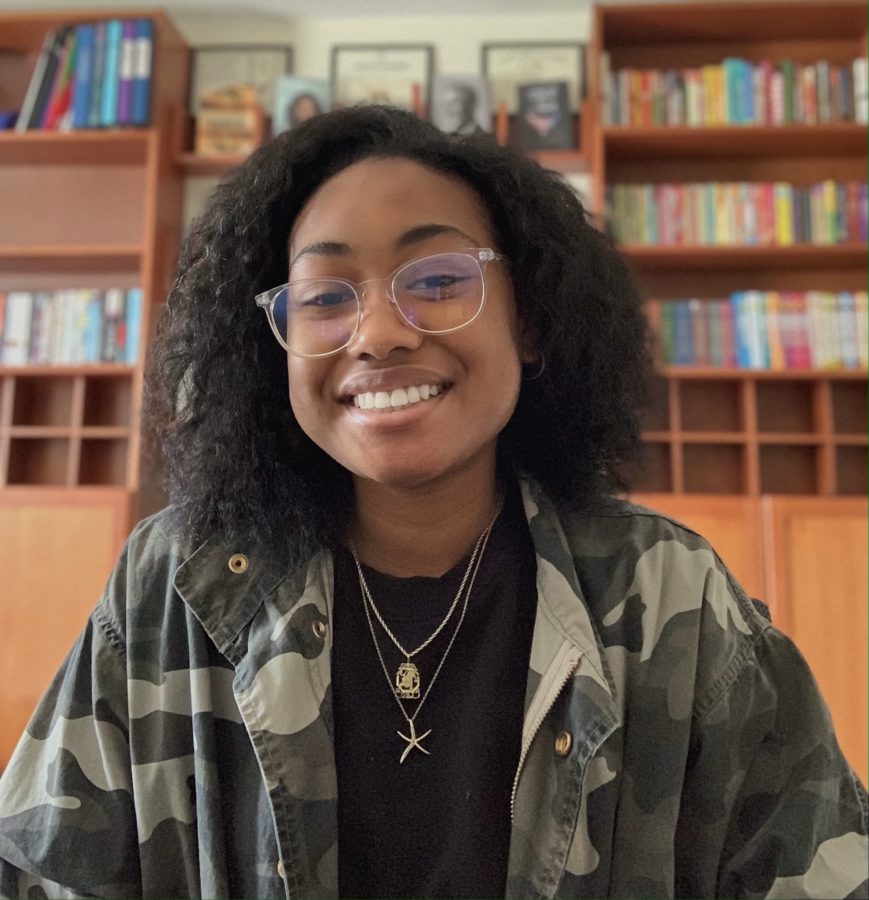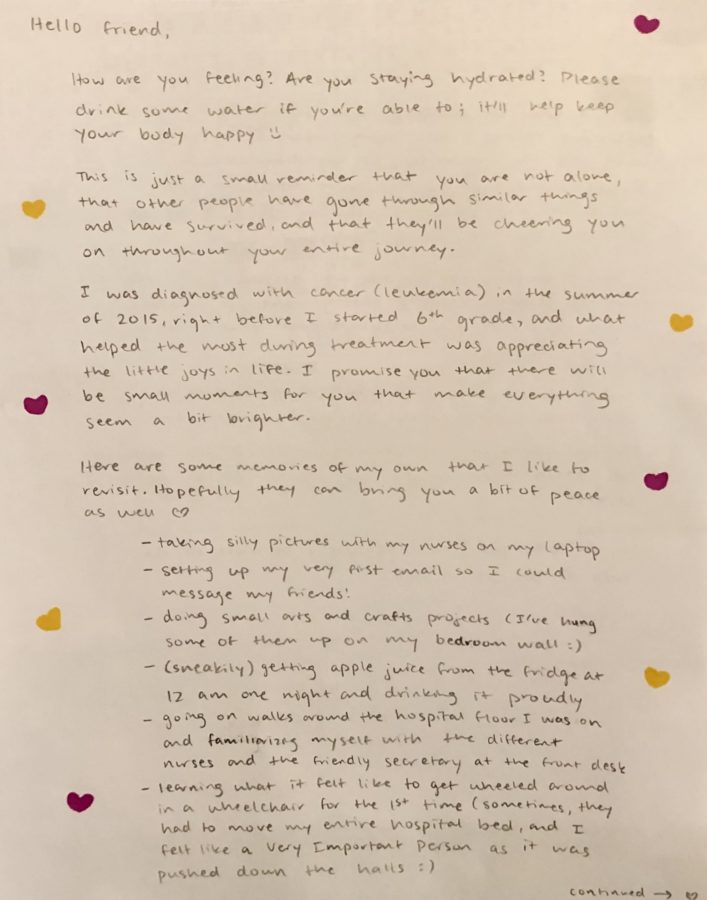By Jui Bhatia, Staff Reporter
When the SAT’s started getting cancelled around April, senior Saadhi Jakka, like many others in her class, just picked another date for it. But it was around September that she realized that the SAT’s might not be an option this year. Like Saadhi, many seniors found their tests getting cancelled due to the centers closing, which was followed almost immediately by colleges going test optional or test blind.
“I got to a point where my test kept getting cancelled,” Jakka said. “There was an October 14th one, but I didn’t have enough time to study to get the score I wanted anyways.”
Many privately-owned and state colleges, like the University of Pennsylvania, Drexel University and West Chester University as well as Penn State and Temple University, have gone test optional, leaving it up to the students whether they want to submit their test scores or not. Others have gone test blind and do not look at test scores when considering applicants.
Senior Ishan Aggarwal sees the test optional policy as an opportunity for seniors to focus on other important things.
“(Cancelling) the SAT’s has definitely help(ed) the seniors and juniors in some way,” Aggarwal said. “Since the SAT is not there anymore, you just have to worry about those AP classes and the AP tests in May.”
Seniors have also been faced with in-person college tours getting cancelled. The virtual tours are a necessity now, and colleges have tried to replicate the experience through interactive tours, but some seniors, like Jakka, feel it doesn’t compare to visiting in-person.
“That was definitely the biggest thing I have struggled with,” Jakka said. “Because I’m very much of a person who needs to go to the campus to see how it feels to be certain about a college.”
Throughout the application process, seniors looking to their guidance counselors for support have found that contacting has become simpler.
“I actually think that contacting them has gotten easier now because they get to have everything on their computer.” senior Kothari said. “There’s a lot more accessibility now.”
Kothari’s statement is echoed by Jennifer Kratsa, a counselor at Conestoga, who finds talking to students in a virtual setting convenient.
“Kids can cold call us on TEAMS. I have kids all day that are popping into my TEAMS.” Kratsa said. “Other times, it’s harder to do that or they don’t have time to do it.”
Most universities in Pennsylvania have also frozen their tuition fees for freshmen applicants in the upcoming year as many deliberate whether it’s worth paying full tuition for online classes.
Even so, Pennsylvania remains one of the costliest states to study in, as senior Hiya Kothari observes, noting the benefits of taking a gap year.
“I think it’s worth it in the end (to take a gap year),” Kothari said. “Because you (would have to) take an extra year of college, but you’re also not paying $60,000 of tuition per year just for doing (school) from home.”
The annual college fair , an event loved across the school that helped students get an idea of where they wanted to spend the next few years has also gone virtual.
“It was just so easy,” Kothari said. “They would all be in the same place and they all know what questions you would probably want to ask so they would tell you all the important information.”
Counselors have made efforts to provide the experience virtually and have also organized virtual visits every week, throughout the day, that students can sign up for via Naviance.
“We’ve had individual representatives from over 200 schools come to Conestoga via TEAMS or Zoom,” Kratsa said. “Our national and state associations have (also) provided robust programming for college fairs that have led students to have communications with even more schools now than they ever would have before.”
These virtual resources are just one of the various things that the counselors plan on keeping for future years, maintaining their virtual presence.
“I would say we’re going to go back to the way it used to be, but we’re also going to have an online presence that we’ve never had before.” she said.
Although the application process looks significantly different this year, Jakka, like many seniors, takes comfort in the shared experience between her and her peers.
“It’s definitely easy to feel like you have no clue what you’re doing,” Jakka said. “But I think everyone’s in the same boat. So that’s good to know.”



























































































